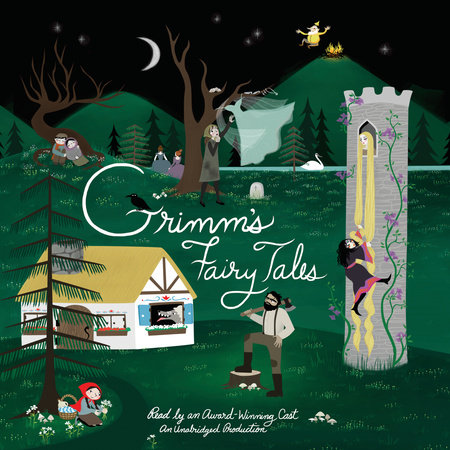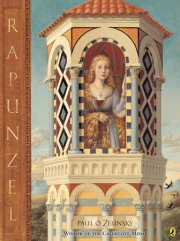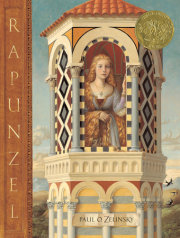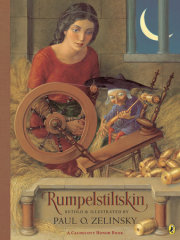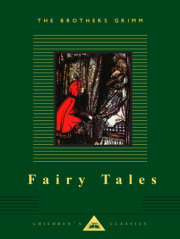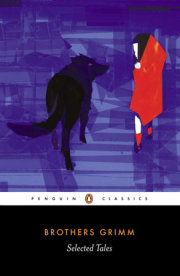Jacob Grimm (1785–1863) and
Wilhelm Grimm (1786–1859) were born in Hanau, Germany. They both studied at Marburg, and from 1808 to 1829 mainly worked in Kassel as state-appointed librarians. Both brothers had been professors at Göttingen for several years when, in 1837, they became two of the seven leading Göttingen academics dismissed from their posts by the new king of Hanover for their liberal political views. In 1840, they were invited by King Frederick William IV of Prussia to settle in Berlin as members of the Academy of Sciences, and here they remained until their deaths.
Jacob, one of Germany’s greatest scholars, is justly regarded as the founder of the scientific study of the German language and medieval German literature. His most monumental achievements were the
Deutsche Grammatik (1819–1837) and, with his brother's assistance, the initiation of the great
Deutsches Wörterbuch, the many volumes of which were not completed by later scholars until 1961, and which has become the equivalent of the
Oxford English Dictionary. Between them, and often in collaboration, the Grimms were reponsible for pioneering work on medieval texts, the heroic epic, legends, and mythology; as well as for many other contributions to the study of ancient German culture. One of their most remarkable publications was the
Kinder- und Hausmärchen (1812, with many subsequent editions), which remains to this day the most famous collection of folktales in the world.
View titles by Brothers Grimm

